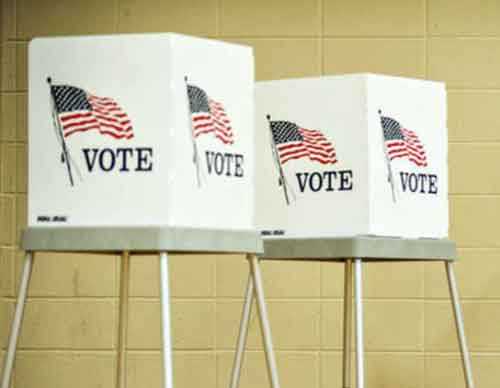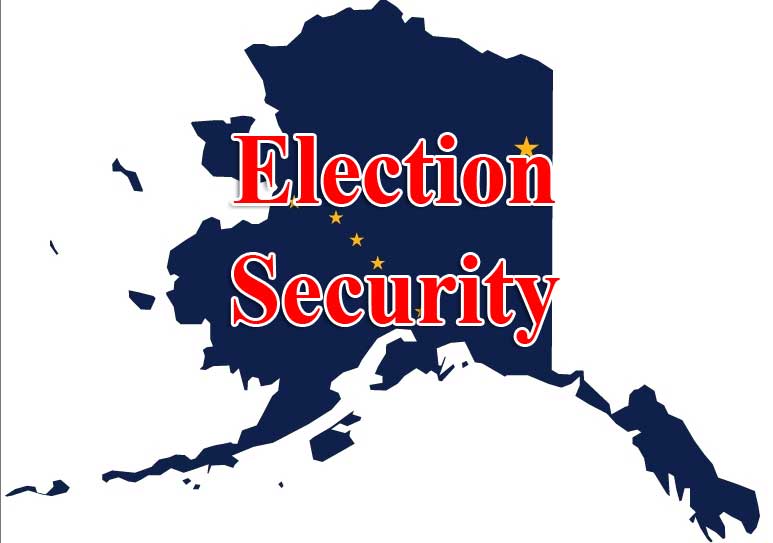 ANCHORAGE, Alaska — An Alaska court has ruled that the witness requirement for absentee ballots is unconstitutional during the COVID-19 pandemic. Parties in this case are working now to determine how the Election Division can alert voters about any subsequent changes.
ANCHORAGE, Alaska — An Alaska court has ruled that the witness requirement for absentee ballots is unconstitutional during the COVID-19 pandemic. Parties in this case are working now to determine how the Election Division can alert voters about any subsequent changes.
The lawsuit was filed by the Native American Rights Fund (NARF), American Civil Liberties Union, ACLU of Alaska, and Lawyers’ Committee for Civil Rights Under Law.
When the preliminary injunction is finalized and implemented, the Anchorage Superior Court’s ruling in Arctic Village Council v. Meyer will waive state law for the November general election that requires voters who submit a mail-in absentee ballot to have a witness sign their ballot return envelope, even in the midst of a highly contagious and deadly pandemic.
Alaska’s witness signature requirement would force interaction on those who live alone, are immunocompromised, or have been self-isolating since the beginning of the pandemic. These voters reasonably fear contracting COVID-19 and have chosen not to be in the presence of others.
[content id=”79272″]
The Native American Rights Fund and Lawyers’ Committee represented plaintiff tribe Arctic Village. The ACLU and Lawyers’ Committee represented the League of Women Voters of Alaska and individual plaintiffs Elizabeth L. Jones and Barbara Clark.
The following is reaction to the ruling:
Natalie Landreth, staff attorney, Native American Rights Fund: “Today’s decision reflects the fact that there are many Alaskan voters burdened by the witness requirement. Thankfully, they won’t have to put themselves at risk this year.”
Joshua Decker, executive director, ACLU of Alaska: “The plaintiffs in this case represent the hundreds of Alaskans whose ballots were tossed aside in the primary because of the useless witness signature requirement. They represent every person whose vote and voice has been suppressed at the hand of their own government. This is a victory for us all because it ensures election outcomes are reflective of every Alaskan, not only those privileged enough to cast a ballot without government interference.”
Julie Ebenstein, senior staff attorney, ACLU’s Voting Rights Project: “This ruling is a huge victory for Alaskans, who will no longer have to risk their health in order to vote.”
Pooja Chaudhuri, attorney, Lawyers’ Committee for Civil Rights Under Law: “Alaska voters will no longer have to worry about risking their health and well-being to exercise their fundamental right to vote this upcoming November. We are glad the court has made it possible for every Alaskan to cast their ballot and have their voice heard in the safest way possible. Amidst a global pandemic, this is a huge success.”
###






